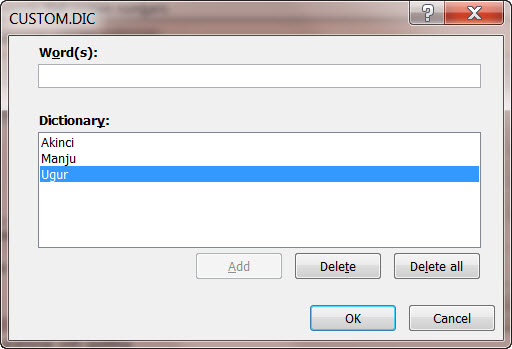
But if you’re actually interested in going behind the scenes and understanding how and what words mean, these subjective methods will increasingly become less useful and more untenable. Atkins & Rundell (2008:311)įor day to day queries, the results of this type of work produces a helpful tool for using language (e.g., a dictionary). Meanings exist in infinite numbers of discrete communicative events, while the senses in a dictionary represent lexicographers’ attempts to impose some order on this babel. This is not to say critical thinking wasn’t a part of that process, but that the process of deciding X means Y is a transient current of self-reflection.Įanings and dictionary senses aren’t the same thing at all. And yet, if you’re interested in challenging the decisions of a lexicographer, on what grounds can this be done?Īfter all, instinct, sound judgment, and accumulated expertise all boil down to subjective exercises. The three primary traits they claim to rely on most - instinct, sound judgment, and accumulated expertise - sound like respectable cards to have up one’s sleeve. This is a refreshingly straightforward and honest answer from two leading lexicographers about how they navigate the murky waters of semantics.

Does this matter? Our experience as editorial managers suggests that good lexicographers operate to a large extent on the basis of instinct, sound judgment, and accumulated expertise. Yet many people working in the field have no formal training in linguistics. By the nature of the work they do, lexicographers are applied linguists.


 0 kommentar(er)
0 kommentar(er)
